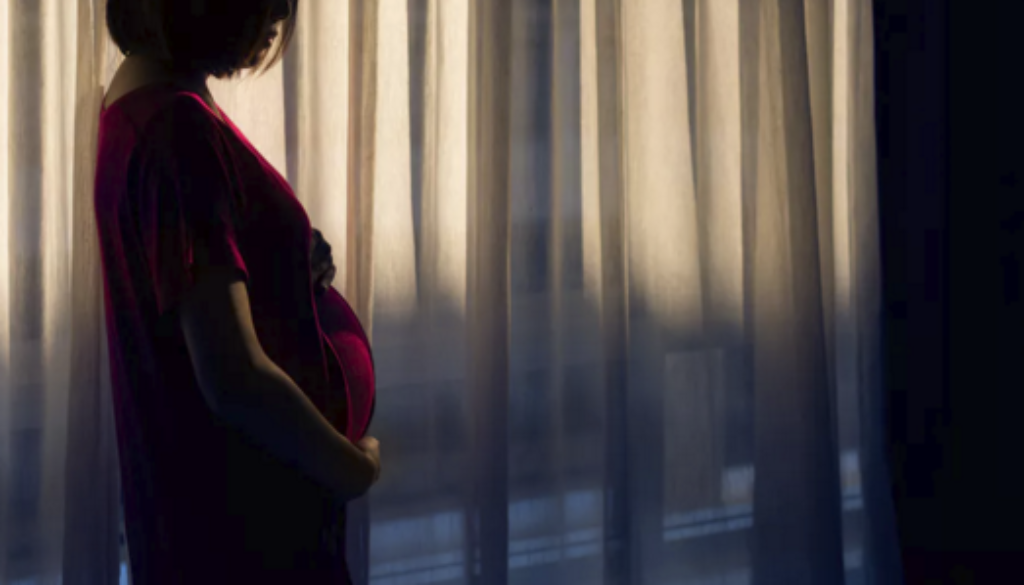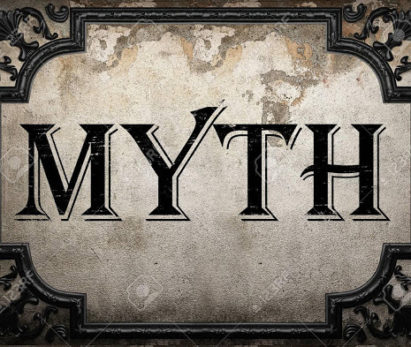The Isolation of Young Motherhood
When you’re pregnant, you’re introduced to a whole host of new concepts. Formula or breast milk? Cry it out or cuddle them through it? Cosleep or in the cradle? Every question seems to revolve around the health of the baby, which is to be expected. Bringing a new life into the world is hard and caring for that newborn is harder.
But where society seems to fall behind is in the care of mothers. We are failing mothers when it comes to their mental wellbeing, and it’s even more present the younger a first-time mother is.
The New York Times compiled birth certificate data from the National Center for Health Statistics, and all signs point to the age of first-time mothers increasing. While older mothers tend to come from big, coastal cities, the ages decrease as you leave city centers and edge toward rural communities. In Fulton County, the average age of first-time mothers overall is 27.7 years old, and for mothers that are married or have a college degree, the numbers hover around 31 years old. But even outside Metro Atlanta, these numbers drop off steeply, and the further south you go, the younger they get. With more people going to college and getting married later, the urgent time stamp on making a family has moved a bit further down the line. The Center for Population Options noted that the “cycle of poverty often begins with an unintended adolescent pregnancy.” Nearly one in every ten young women ages 15 to 19 will become pregnant every year.
With this change in the dynamic of families, young mothers can often find themselves isolated from their peers. In a 2008 study through Women & Infants’ Center for Primary Care, 19 out of 289 adolescent mothers suffered from post-partum depression, and twenty-five percent of the participants, the average age of whom was 16, “experienced high levels of parental stress as long as six months post-partum.” Post-partum depression is a condition that can often fall through the cracks. Mothers are almost always expected to contract the “baby blues,” but the danger lies in lingering depression and stress. Another study published in 2012 found that teens are at almost twice the risk of developing PPD as older mothers are.
Teen mothers are often treated more harshly than their older counterparts. Social support services are in place for them, but they often bear the stigma of having a child “too soon.” Teens are more likely to engage in risky behaviors, and this includes sex. Where abstinence-based sexual education fails, young mothers are left on the sidelines and made a pariah to their peers and adults alike. It can be very isolating, especially if the mother is single, only contributing to a higher risk of developing PPD. At an age where all your friends are going out and having fun, you’re stuck at home with a baby that won’t stop crying. In a condition where you’re already predisposed to being less attached to your infant, this can have deadly consequences for mothers and babies alike. Consider the case of Andrea Yates. She was advised not to get pregnant again after the birth of her fourth child but did and drowned all of her children seven months later.
So how can you support young mothers? For a start, you can advocate for education programs, better funding for science-based sexual education programs, or better access to contraceptives. Programs like Postpartum Support International, which offers support resources directly to mothers, and especially mothers in crisis, need the support of the public to continue doing their work. Women, Infants, and Children offer access to nutrition counseling and vouchers to help pregnant women and children proper nutrition. Access to reproductive healthcare—a hot button issue in Georgia currently, due to the infamous “Heartbeat Bill”—is essential for all mothers, regardless of age. But if you know a young mother, reach out. Reassure her that she’s not alone. Talking can be a lifesaver, and programs that provide both care and support for a young mother can lift her out of the cycle of poverty and into a better life.





